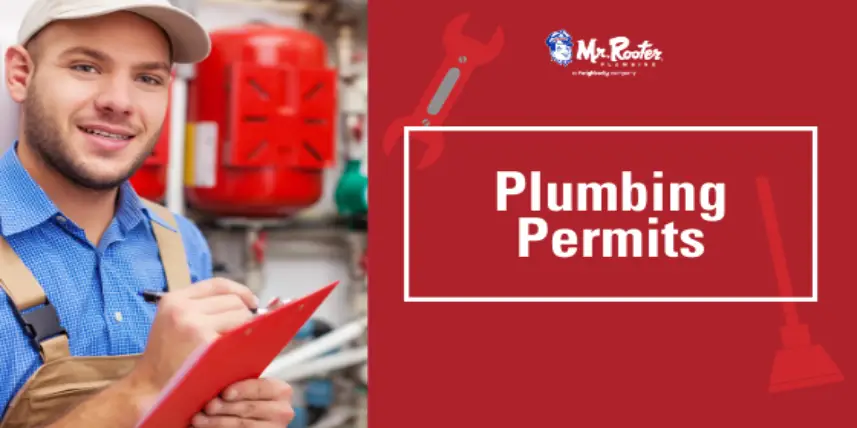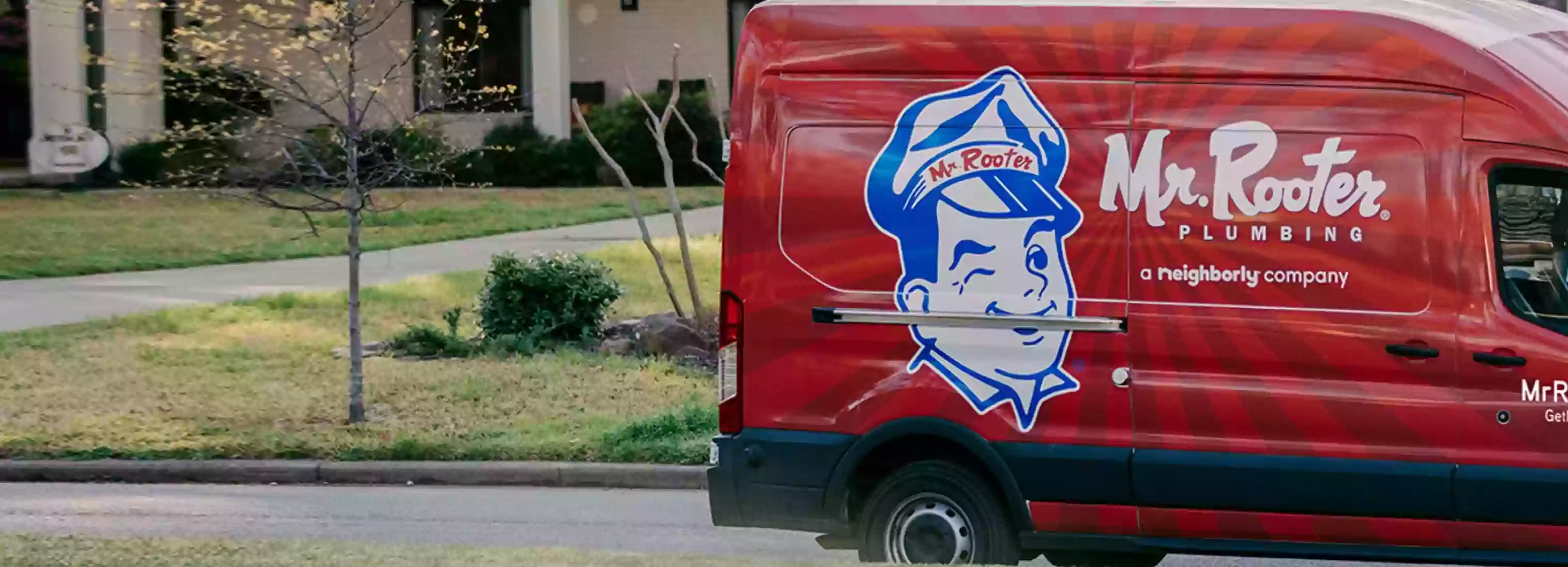Plumbing Permits

Are you about to take on that big plumbing project you have been putting off? One crucial step that some property owners overlook is obtaining the appropriate permits. Several national plumbing codes exist, and most counties and municipalities have developed and implemented area-specific codes that supersede those at the national level. You will likely need a permit to ensure compliance with these regulations.
Obtaining permits for plumbing work is often a complicated, time-consuming process. Depending on the nature and scope of the project, you can also expect to pay permit acquisition fees that can range from a few dollars to $1,000 or more. Failure to obtain the appropriate permits is a violation of the law that can result in civil and, in some cases, criminal penalties.
Why Do You Need Plumbing Maintenance Permits?
While getting a plumbing permit can be a hassle and increases the cost of the project, the process serves an essential purpose. Plumbing systems are complex and often require skilled labor to ensure the proper execution of the job. Permits help ensure the work is safe and effective and meets your functional requirements.
What Type of Plumbing Work Requires Permits?
While the requirements can vary from one location to another, expect the following types of plumbing jobs to require a permit:
- Any new plumbing installation, including building a brand-new home or an addition onto an existing structure
- Replacing or upgrading a water heater
- Upgrading the piping on an existing plumbing system
- Relocating plumbing fixtures or system components (pipes, fittings and drains)
- Any emergency repairs involving lengths of pipe measuring at least five feet
- All work involving sewer lines
- Replacing drain lines
When Do You Not Need Plumbing Permits?
Not all plumbing work requires a permit. You do not need one when making "ordinary minor repairs" that do not alter the existing plumbing system. A typical example is when you are repairing, maintaining, or replacing accessible fixtures, parts, and appliances. Another non-permit situation is when replacing or making emergency repairs to leaking or freeze-damaged piping less than five feet long.
How to Get a Plumbing Permit
If your plumbing job requires a permit, you must obtain it before any work begins. If you are working with a licensed plumbing contractor, he or she can assist you. An experienced, professional plumber will be familiar with the process and often has a better understanding of how to cut through the bureaucratic red tape and get the permit more quickly.
Contact Mr. Rooter Plumbing of Greater Syracuse to Learn More
If you are considering a plumbing project in Greater Syracuse or elsewhere in Onondaga County, contact the professionals at Mr. Rooter Plumbing. You will receive prompt and reliable service from an experienced plumber who is licensed in Onondaga County for leak detection or any other plumbing-related project. We can also handle the plumbing permit process and remove the burden from your shoulders.
Give us a call or contact us online for more information or to request a free estimate.
 Click to call
Click to call


